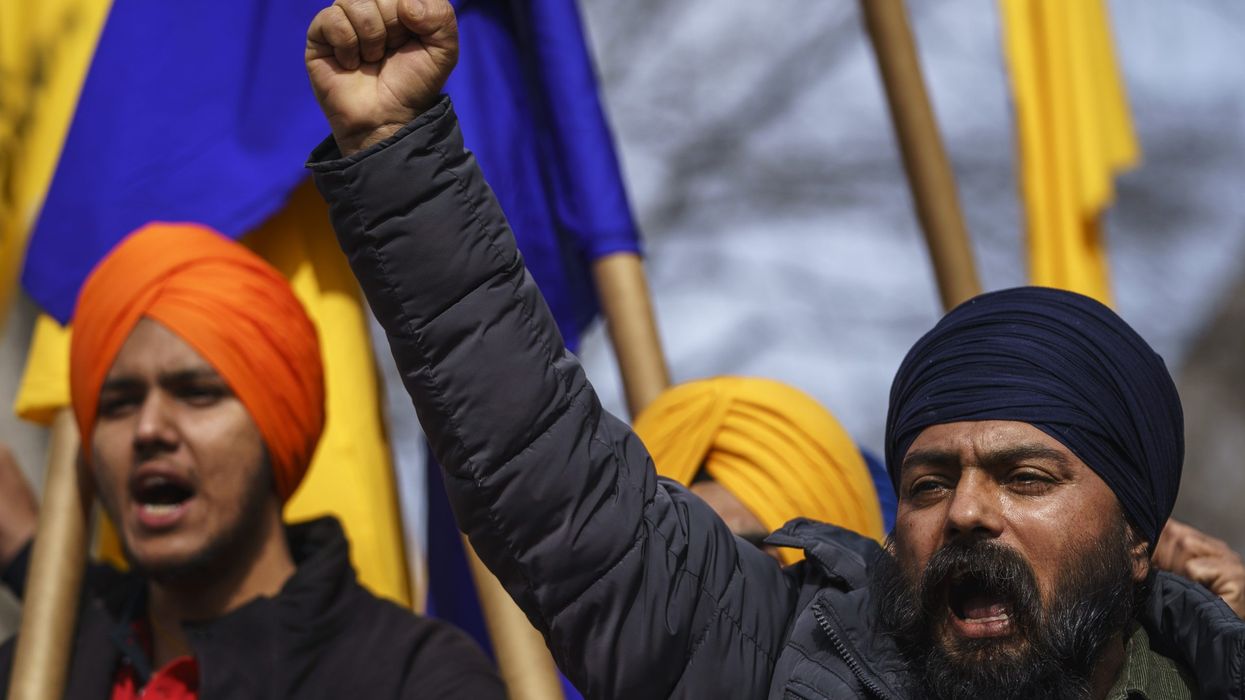India on Thursday strongly condemned the recent incidents of attacks on Indians in Australia and urged Canberra to not allow the use of Australian territory for activities detrimental to India's territorial integrity, security and national interests.
External Affairs Ministry Spokesperson Arindam Bagchi said India has conveyed to Australia its "firm rejection" of the so-called Khalistani referendum and the recent politically motivated exercises by extremist elements in that country.
Two people were injured when brawls broke out between Khalistani activists and pro-India demonstrators in Melbourne on Monday during a so-called 'Punjab independence referendum' that was organised by terrorist outfit Sikhs for Justice (SFJ).
"We strongly condemn such attacks by extremist elements and we urge local authorities to investigate and punish the perpetrators," External Affairs Ministry Spokesperson Arindam Bagchi said.
"We have been repeatedly taking up with the Australian authorities our concerns about actions by such elements including those that are proscribed terrorist organisations," he said during his weekly media briefing.
Bagchi said India has conveyed its "firm rejection of the so-called Khalistan referendum and politically motivated exercises by extremists elements.
"We have requested Australia to ensure the safety and security of members of the Indian community and their properties and not allow the use of Australian territory for activities that would be detrimental to territorial integrity, security and national interests of India," Bagchi said.
He said India has noted the comments by some Australian leaders condemning the violence in Melbourne.
"We will continue to take up this issue with Australian authorities," he said.
The incidents of violence came over a month before Australian Prime Minister Anthony Albanese's visit to India. Albanese is likely to visit India in the first half of next month.
On targeting a prominent Hindu temple in Brampton in Canada a few days back, Bagchi referred to comments by the Canadian foreign minister, denouncing the vandalism.
"We reaffirm this position strongly and we condemn such acts of vandalisation," he said.
(ANI)




